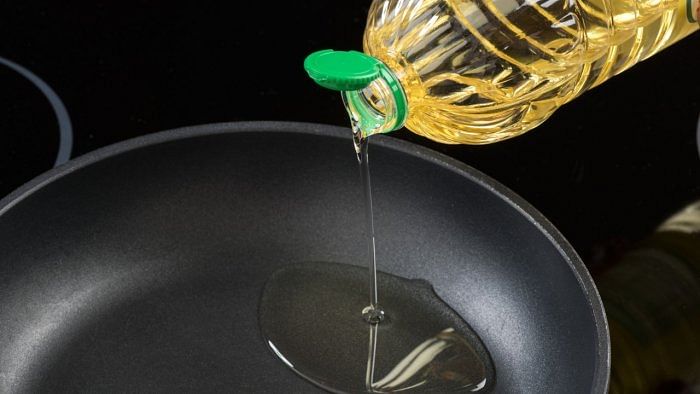
Amid high global prices, edible oil prices in India are consistently coming down after the government intervention, and further drop is expected with the arrival of a better mustard crop from the rabi season, Food Secretary Sudhanshu Pandey said on Thursday.
In case of other essential food commodities, he said retail prices of rice and wheat are "very stable", while prices of pulses have stabilized. Retail prices of vegetables, especially onion, potato and tomato have also come down.
"The prospective predictions of the crop of all the major essential vegetables which are consumed in every household indicates that the situation is going to be stable. And we don't expect any major hike in prices of these vegetables," Pandey said in a media briefing.
In the case of edible oils, the Secretary said when the country is dependent for almost 60 per cent of its edible oil requirement on imports, then the domestic prices naturally are influenced by the international prices.
Pandey said that the government reduced import duty to almost zero in case of edible oils, and it showed a very significant reduction in the (retail )prices. There has been a reduction in retail edible oil prices in the range of 15 to 20 per cent after the government held several meetings with the stakeholders and motivated them to have realistic MRP and pass on the import duty reduction to consumers.
For instance, Ruchi Soya Industries has reduced retail prices on soyabean oil by Rs 30 per litre to Rs 152 per litre after December 24, while Adani Wilmar reduced retail price on Fortune Soya oil to Rs 155 per litre, he said.
So, all the major companies have reduced the retail prices of edible oils, he added. Stating that global prices are ruling high for the first time in the history of the edible oils industry, the Secretary said the international prices have shot up due to a fall in production in Malaysia, diversion to biodiesel in Indonesia and failure of sunflower seed crop in Argentina, among others.
"So, all these agricultural, climatic and consumption patterns led to essentially low availability of edible oil in the international market and higher prices," he said. However, India's domestic edible oil seed production is expected to go up this year as the mustard seed sowing in the ongoing rabi season is about 32 per cent higher than the year-ago. "
Therefore, we can expect a higher mustard seed crop also in coming months, which surely will have a softening effect on the prices," he said. The government is very closely monitoring prices of essential commodities in its regular inter-ministerial meetings on a weekly basis, he added.
Check out DH's latest videos: